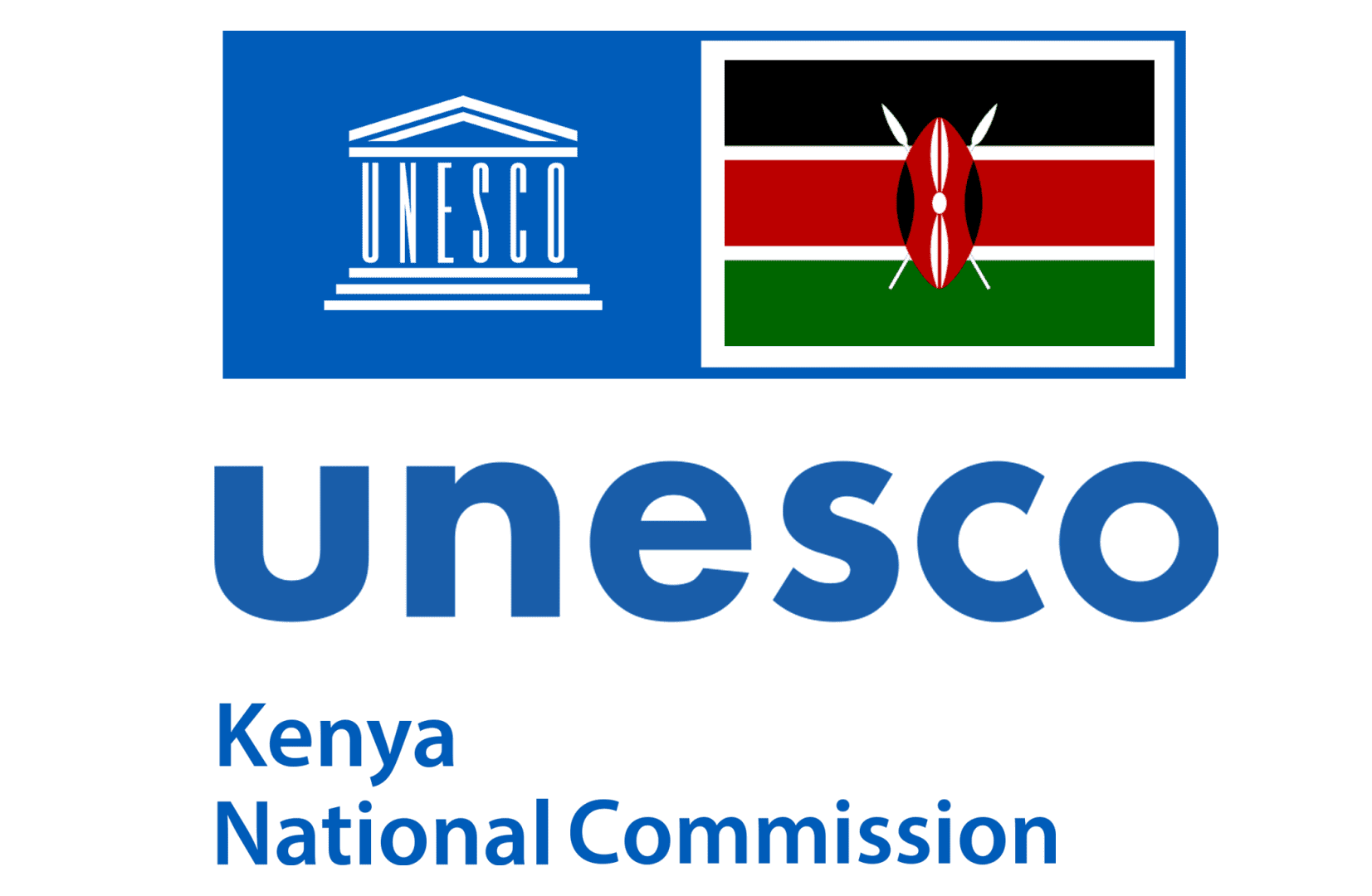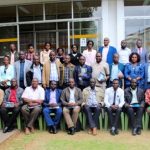African countries have been urged to strengthen their National Intergovernmental Hydrological Programme (IHP) Committees. This was the resolution during the 8th IHP Africa Regional Steering Committee held at Lamantin Beach Resort, Dakar from 18th – 19th March 2022. Happening back-to-back with the 9th World Water Forum, this meeting brought together more than 33 representatives from 26 National IHP Committees from Africa, UNESCO Bureaus and Regional Offices in Eastern, Southern and Western Africa.
The purpose of the meeting was to review progress of the implementation and governance of IHP in Africa through sharing achievements, review major regional initiatives and projects in Africa, share experiences, best practices and lessons learnt for strengthening the Programme in Africa.
The meeting was officially opened by a representative, Hon. Serigne Mbaye Thiam, Minister of Water and Sanitation, Republic of Senegal with opening statements from Dr. Dimitri Sanga, UNESCO Director of the Multisectoral Regional Office for West Africa and Dr. Abdou Amani, UNESCO Director, Division for Water Resources and Secretary, IHP. The meeting was chaired by Prof. Cheikh Becaye, Chair, Senegal IHP Committee.
Kenya was represented by Dr. George Eshiamwata, Ag. Director, Natural Sciences Programme at the Kenya National Commission for UNESCO. During the meeting, participants presented country reports and engaged in discussions on the Be-Resilient Project (https://en.unesco.org/news/unesco-launch-be-resilient-project), BIOPALT Project (https://en.unesco.org/biopalt), IHP Guidelines, validation of the IHP baseline reports for the eastern, western and southern regions, available tools in water management such as the UNESCO IHP Water Information Network System (WINS) (http://ihp-wins.unesco.org/#/) and countries’ participation at the 9th World Water Forum hosted by the Senegal Government from 21st -26th March 2022.

The importance of water as a resource is facing numerous challenges including the effects of global change (e.g. climate change), increased demand due to human population explosion, pollution, bridging the data-knowledge gaps (especially underground water resources), role of scientific research and innovation, water management and governance.
A clarion call was made encouraging African member states to invigorate their IHP Committees, leverage on existing UNESCO water families (Category II Centres and UNESCO Chairs on Water), UNESCO Bureaus and Regional Offices, UNESCO IHP Bureaus and Councils and other partners in the water sector as well as explore linkages with other UNESCO programmes (e.g UNESCO MAB and UNESCO Geoparks). Transforming from an International Hydrological Programme to an Intergovernmental Hydrological Programme put governments through the respective Ministries of Water to take a central role in the establishment, coordination and strengthening of IHP Committees across the African member states.
This regional meeting provided a platform to share best practices, lessons learnt and experiences on implementation of the Intergovernmental Hydrological Programme across Africa with a strong commitment to pursue linkages and convene more forums of this nature in future. The meeting happened at a time when countries are gearing up to celebrate the World Water Day on 22nd March 2022 with the theme: Groundwater – Making the Invisible Visible.
Participation at the meeting was supported by UNESCO Regional Office for Eastern Africa.


